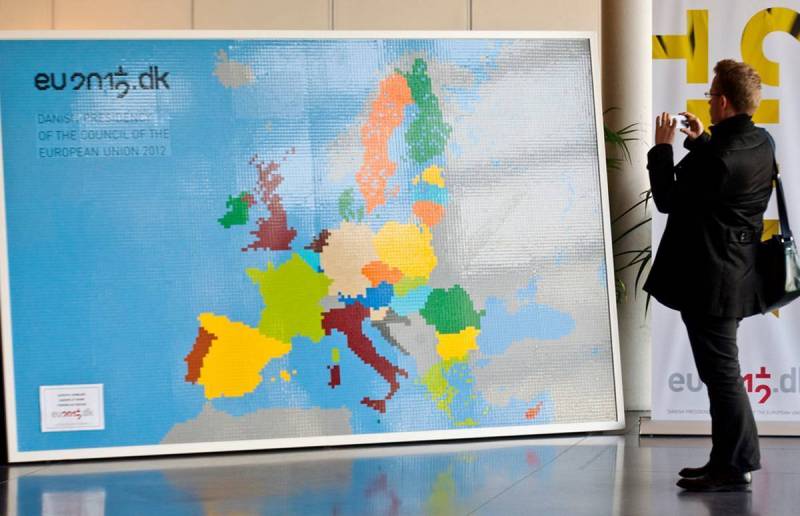British press: Interests of consumers can shake the unity of Europe before Russia
Immediately after the start of the Russian special operation on Ukrainian territory, the EU countries had a unified position on what was happening. European leaders supported Ukraine and imposed sanctions on Russia. But after some time, disagreements emerged in the ranks of the Europeans. This was reported by the Financial Times newspaper (headquartered in London), describing the current situation.
The British press notes that the EU countries are faced with severe economic problems. Rising energy prices spurred inflation and affected the well-being of citizens. The minimum living wage no longer meets the needs of the people. Governments are taking measures to save energy amid difficulties with the supply of energy raw materials from the Russian Federation.
How long can EU leaders adhere to such policy, unknown. But there is a possibility that their solidarity will collapse when angry consumers simply force them to reduce their hostility towards the Russian Federation. The interests of consumers can shake the unity of Europe in front of Moscow. The upcoming heating season should be a test for Europeans.
There are some signs that, on the energy issue, at least, this unity does not look as strong as it could be.
- summed up in the publication of the British press.

Information